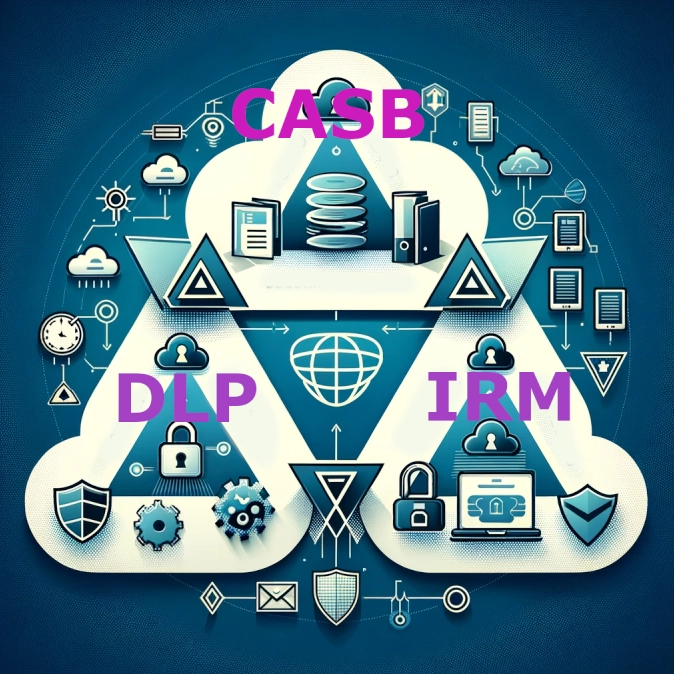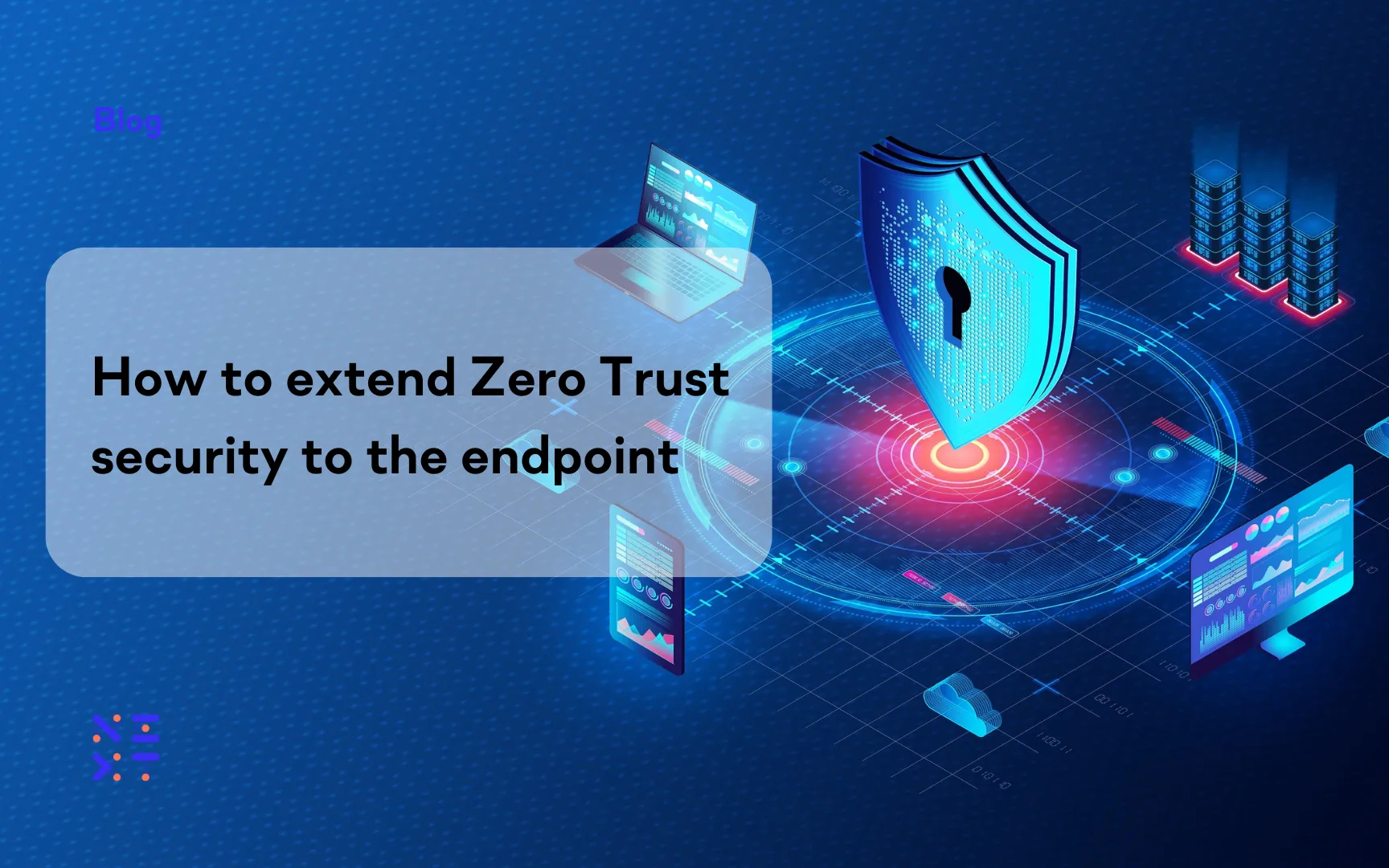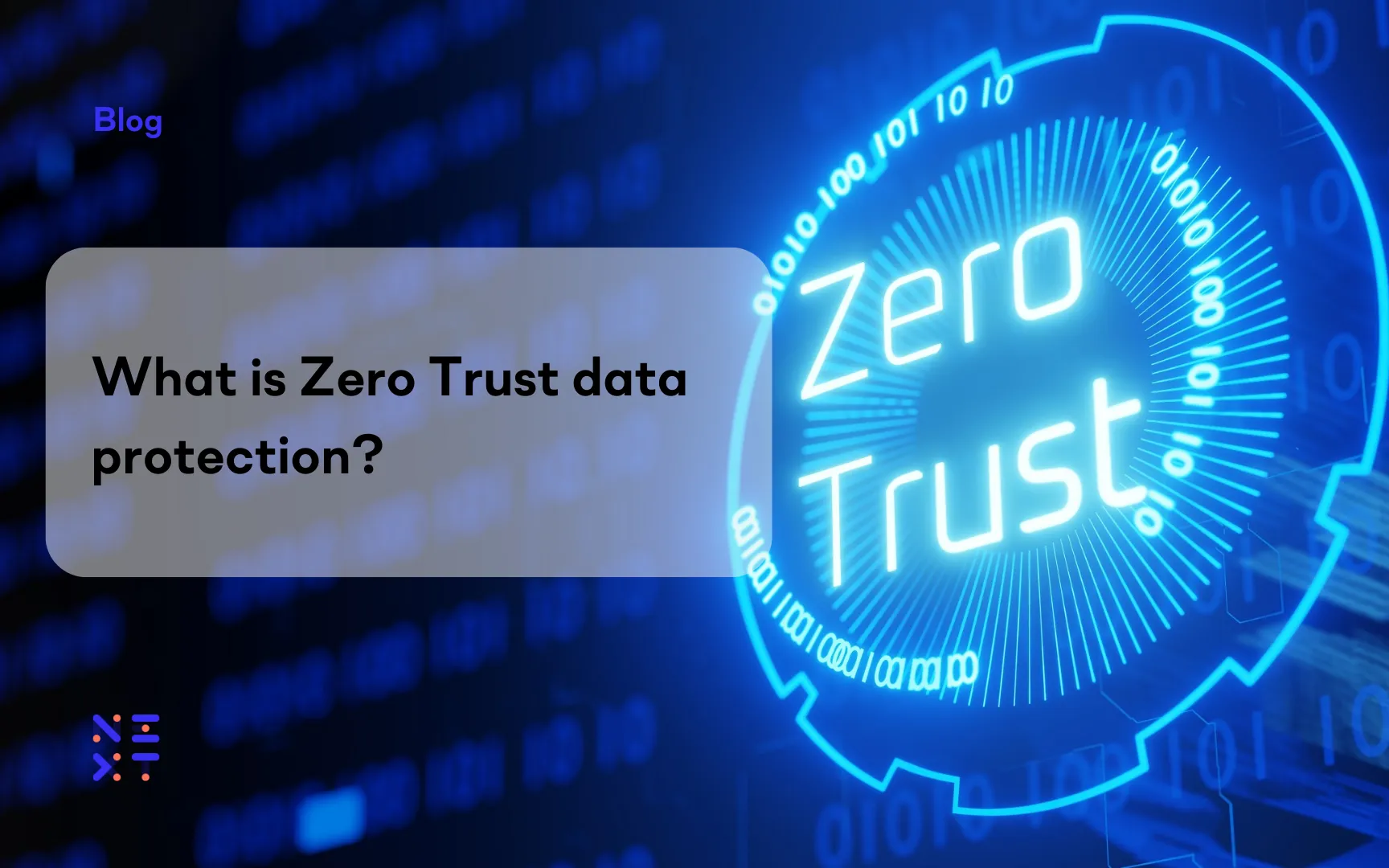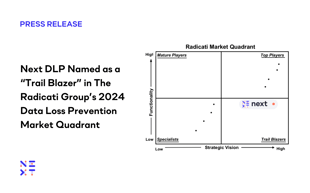Fortinet Acquires Next DLP Strengthens its Top-Tier Unified SASE Solution
Read the release

To effectively tackle the pivotal challenge of cloud security, Cloud Access Security Brokers (CASBs) stand out as essential tools, bridging the gap between users and cloud services to align with an organization's security policies. They offer a bird's-eye view of cloud activities, enhancing the ability to spot and address risks, notably insider threats. This post discusses CASB's operational dynamics, how CASB forms part of a larger data protection strategy, CASB's crucial role in today's cloud-centric environments, and offers guidance on their implementation, underscoring the importance of CASBs in navigating the complexities of cloud security and safeguarding against internal and external threats.
CASBs play a pivotal role in enhancing cloud security through four key functions: visibility and compliance, data security, threat protection, and policy enforcement. They provide essential oversight of cloud service utilization, enabling the discovery and rectification of security vulnerabilities. This is especially crucial for managing "Shadow IT" and ensuring adherence to data protection standards like GDPR and HIPAA. CASBs secure sensitive data via encryption and strict access controls, while their analytics capabilities are instrumental in identifying and mitigating cyber threats. Moreover, they ensure that security policies are uniformly applied across various cloud platforms, tailoring access and data handling practices to user roles and contexts, thereby safeguarding against unauthorized data sharing and other potential security breaches.
CASBs serve as a critical security layer between cloud service users and providers, offering visibility and control over data and applications. This visibility is crucial for identifying shadow IT and managing access, ensuring that sensitive information is only accessible to authorized users, thus mitigating the risk of data breaches.
The threat landscape in cloud environments is dynamic and requires sophisticated defense mechanisms that CASBs are uniquely positioned to provide. Utilizing advanced threat protection techniques, including anomaly detection and behavior analytics, CASBs can preemptively identify and neutralize threats. Their policy enforcement capabilities extend across multiple cloud services, allowing for consistent security postures and proactive risk management. For technical audiences, understanding the capabilities and integration of CASBs within the cloud security architecture is vital for ensuring comprehensive cloud protection.

|
In the evolving landscape of cloud computing, organizations are continually seeking robust security frameworks to protect sensitive data. Cloud Access Security Brokers (CASBs), Data Loss Prevention (DLP) tools, and Insider Risk Management (IRM) systems form a triad of solutions that, when integrated, provide a comprehensive approach to cloud security and data protection.
CASBs serve as gatekeepers between cloud users and cloud services, offering visibility, compliance, and threat protection for cloud environments. They are particularly effective in identifying unauthorized cloud services (shadow IT) and controlling data access, ensuring that security policies are consistently applied across all cloud applications.
DLP solutions complement CASB
DLP solutions complement CASBs by focusing on the protection of data at rest, in use, and in motion. They identify and classify sensitive information, preventing unauthorized sharing or transmission. DLP tools enforce policies that ensure data is handled securely according to organizational and regulatory standards, effectively mitigating the risk of data breaches.
IRM further strengthens data protection posture
IRM further strengthens an organizations data security posture by specifically targeting the human element within organizations. It focuses on identifying risky behaviors and activities of insiders that could lead to data breaches or leaks. By analyzing user behavior, IRM solutions can detect anomalies that may indicate malicious intent or negligent actions, offering an additional layer of security.
Integrating CASB with DLP and IRM creates a powerful security posture that addresses various aspects of data protection. This synergy ensures that organizations can leverage the benefits of cloud computing without compromising on data security, compliance, or governance. By adopting a layered security approach that includes CASB, DLP, and IRM, businesses can navigate the complexities of cloud security, safeguard sensitive information, and foster a secure digital transformation journey.
Looking for CASB products that are complementary with your Data protection program? As businesses increasingly migrate their operations to the cloud, securing cloud environments has become paramount. Cloud Access Security Brokers (CASBs) are at the forefront of addressing this challenge. These security gatekeepers ensure that cloud interactions comply with an organization's security policies. Here’s a look at five CASB products that potential buyers could consider:
1. McAfee Skyhigh Cloud
McAfee Skyhigh Cloud Access Security Broker stands out for its comprehensive cloud-native data protection and threat prevention across Software-as-a-Service (SaaS), Platform-as-a-Service (PaaS), and Infrastructure-as-a-Service (IaaS) environments. It offers real-time monitoring, data encryption, and user behavior analytics to safeguard against both external and internal threats.
2. Microsoft Cloud App Security
A part of Microsoft's comprehensive security suite, Microsoft's Defender for Cloud Apps CASB solution excels in its deep integration with Microsoft products. It provides advanced threat protection, information protection, and governance across all your cloud services, making it a strong contender for organizations heavily invested in the Microsoft ecosystem.
3. Netskope Security Cloud
Netskope offers a market-leading, cloud-centric approach to security, focusing on Cloud Data Security, SaaS, IaaS, and the web. Netskope's CASB provides granular visibility and control over user activity and sensitive data, leveraging advanced analytics to detect and mitigate threats in real-time.
4. Palo Alto Networks Prisma Access
Palo Alto's next-gen AI powered CASB, part of the Prisma platform, delivers a secure access service edge (SASE) solution that integrates CASB functions with comprehensive network security. It's known for its ability to scale, providing protection for remote branches and mobile users without compromising on security or performance.
5. Symantec CloudSOC CASB
Offered by Broadcom, Symantec CloudSOC CASB is designed for secure cloud, browser security and web access. It excels in visibility, data security, and threat protection for cloud apps and services. With its strong DLP capabilities and risk assessment tools, it's suitable for organizations looking to enforce compliance and protect sensitive information.
Determining whether a company needs a Cloud Access Security Broker (CASB) involves assessing various factors related to its cloud usage, security requirements, and overall IT strategy. Here are key considerations that can help a company decide if a CASB solution is necessary:
Cloud Adoption Level: Companies heavily using cloud services (SaaS, PaaS, IaaS) or planning a significant move to the cloud should consider a CASB to manage and secure their cloud data and applications effectively.
Shadow IT Concerns: If employees are using unsanctioned cloud applications to store or process company data without IT’s knowledge or approval, a CASB can provide visibility into these applications and help control their use.
Compliance and Regulatory Requirements: Organizations subject to strict data protection regulations (like GDPR, HIPAA, or CCPA) may find CASBs invaluable for enforcing compliance across their cloud environments, thanks to their ability to monitor and enforce data governance policies.
Data Security and Threat Protection Needs: Companies concerned about data breaches, insider threats, or external attacks on cloud services will benefit from the advanced data protection, encryption, and threat detection capabilities offered by CASBs.
Collaboration and Data Sharing: Organizations that frequently share sensitive data with partners or customers through cloud services need to ensure that their data is protected appropriately. CASBs can enforce policies that control data access and sharing, regardless of the user’s location or device.
Remote Workforce Security: For companies with a substantial number of remote or mobile employees accessing cloud services from outside the corporate network, CASBs can provide secure access controls and threat protection tailored to a distributed workforce.
Complex Multi-Cloud Environments: Organizations utilizing multiple cloud service providers may struggle to maintain a consistent security posture across all platforms. A CASB can centralize security management, offering uniform policy enforcement across diverse cloud environments.
By evaluating these factors, companies can better understand their cloud security needs and decide whether a CASB is the right solution to address their challenges. Ultimately, if cloud security, compliance, visibility, and control are critical concerns, investing in a CASB solution can be a strategic move to protect against the evolving risks of cloud computing.
Next DLP's Reveal revolutionizes data loss prevention, offering an immediate impact through intuitive features aimed at educating employees, pinpointing risks, and instituting effective data policies to prevent breaches. Enhanced by machine learning and discreet monitoring, Reveal works seamlessly across major operating systems and SaaS platforms, ensuring proactive risk management. Its comprehensive strategy includes data detection, classification, and swift incident alerts, fostering a strong cybersecurity culture. Discover the protective capabilities of Reveal for your organization's data security by scheduling a meeting today.

Blog

Blog

Blog

Blog

Resources

Resources

Resources

Resources
